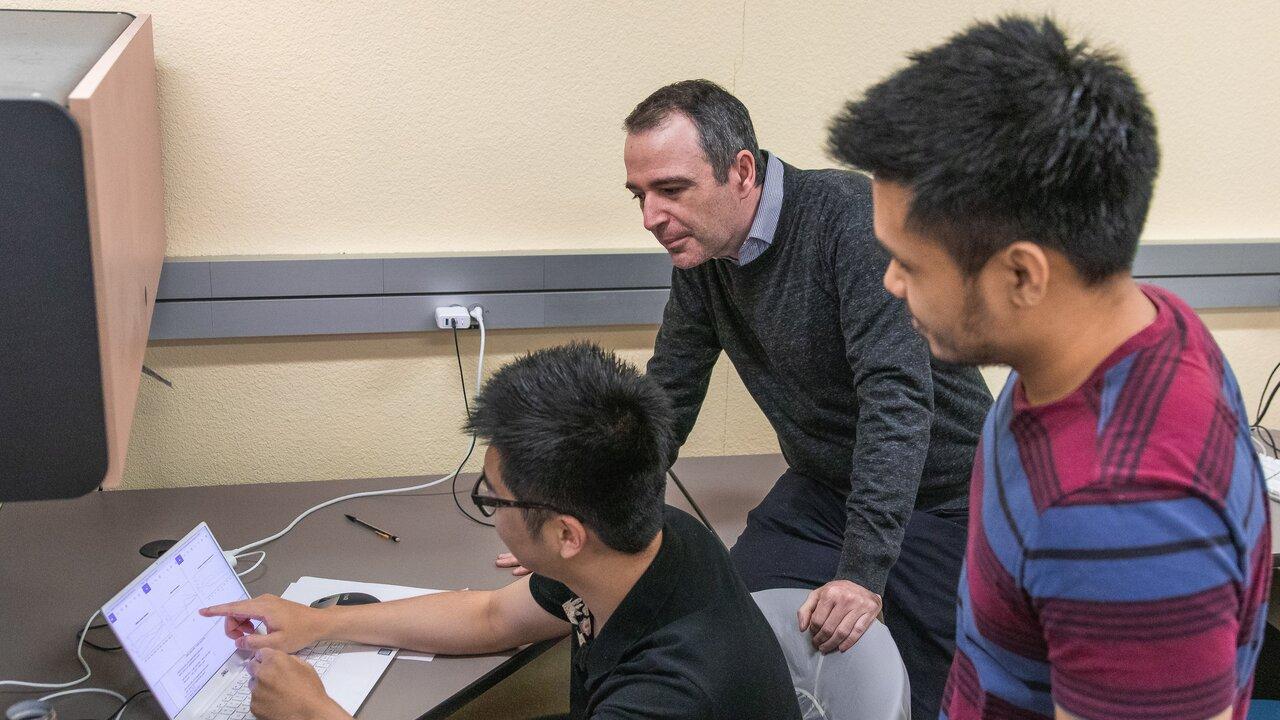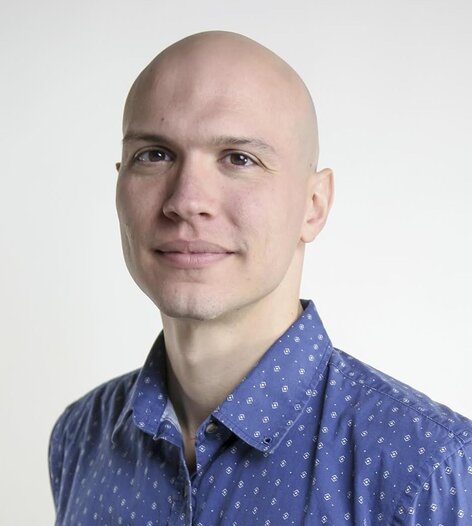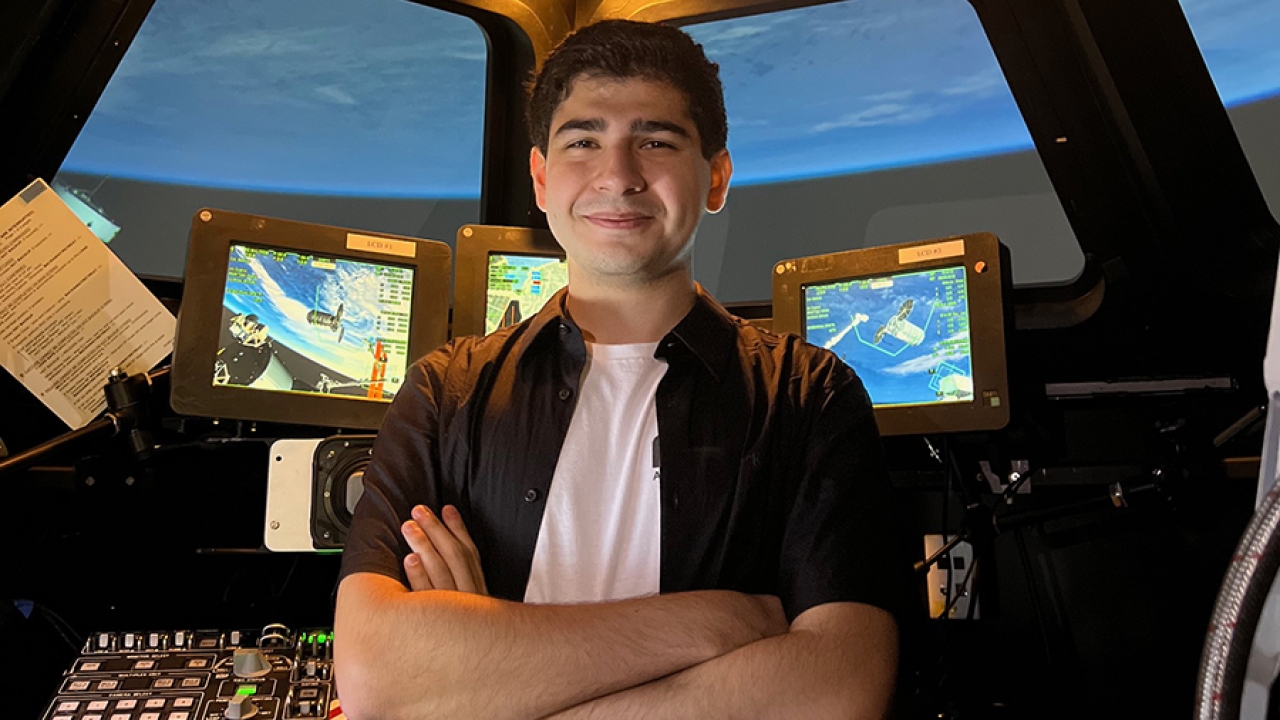
UC Davis Computer Science, Communication Team Up to Study Open Source Software

Computer science professor Vladimir Filkov and Communication professor Seth Frey are combining social science and computer science to study open source software. With a new $3.4 million National Science Foundation (NSF) Growing Convergence Research grant, Filkov and Frey plan to help new open source software projects succeed by studying how developers work together to build code (socio-technical activities) and the rules each project is governed by (governance) to learn what makes these projects successful.
“These two components of open source software, the socio-technical activities and the governance rules, have been addressed separately before to some extent, but we propose to fuse them together to create new ways to study open source software,” said Filkov.
Open source software (OSS) is free to use, copy and modify and is typically built by groups of developers who volunteer their time. Some open source projects are hugely successful and turn into widely-used applications such as Firefox, Linux and VLC Media Player, but over 90% fail. Filkov, Frey and a team of collaborators at the University of Massachusetts – Amherst aim to find out why.
To do this, the team will study the Apache Software Foundation (ASF)—a huge collection of licensed OSS projects—and collect data on both how the developers code and interact with each other while coding, and the self-imposed rules, policies and guidelines for each project. They will also look at the ASF incubator, a system for new OSS projects hoping to become part of the ASF, and collect the same type of data for projects that failed.
The conventional wisdom is that good programmers and good governance are the keys to successful projects, but the team wants to know if this is true, or if there is a more nuanced definition of good “governance” and “programmers.” By looking at the rules and developer interactions together, Filkov and Frey hope to understand the best conditions for OSS projects success, and to develop computational models that can recommend solutions to new software projects looking to get off the ground.
To the team, the project embodies the spirit of the NSF’s Growing Convergence Research mission to ask and answer inherently interdisciplinary questions. Filkov studies how developers work together in OSS projects and Frey studies self-governance, or how societies develop policies and rules for themselves.
“This project is going to connect multiple parts of our university and this connection is essential—without both Seth and me, this project wouldn’t be possible,” said Filkov.
By combining their expertise, they can look at the problem from new perspectives and, hopefully, bring new insights for both computer science and communication.
“We can use online communities to advance general approaches on how to write policies and laws by looking at the little laws that projects write for themselves, and by running large comparisons over lots of these small institutions,” said Frey.
“Many companies use open source software and as such, it’s becoming a critical piece of the national and international infrastructure,” said Filkov. “So, the more help we give open source projects, the more we are investing in an underlying infrastructure that will help our nation and world sustain itself.”
Funding for the five-year project, titled, “Jumpstarting Successful Open-Source Software Projects With Evidence-Based Rules and Structures,” began October 1.




